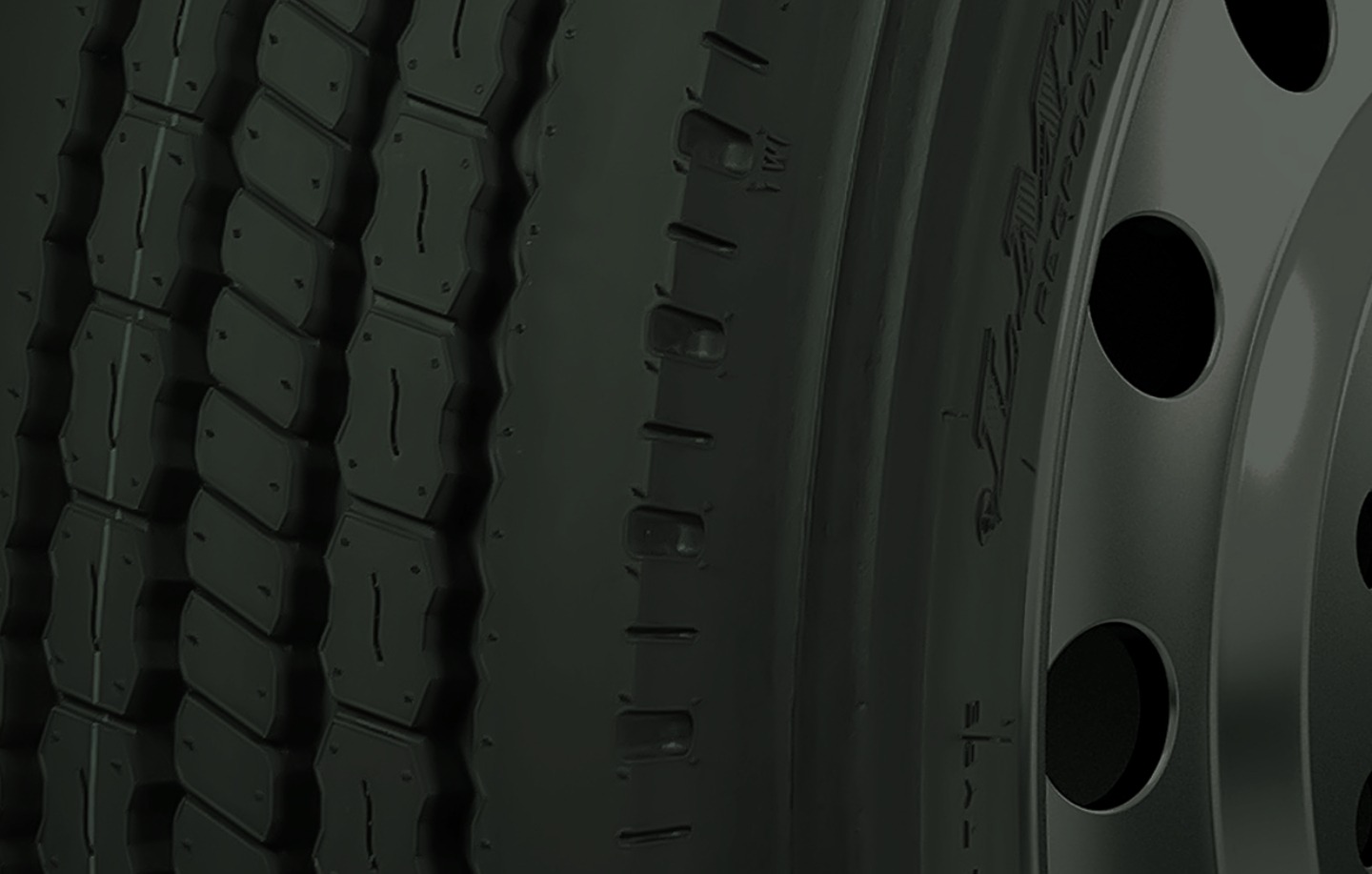Factory
The Longmarch factory is the first all steel tyre production facility in China. This state of the art facility was constructed in partnership with Dunlop (UK) and an array of international technical consultants. It has recently been extended to meet an increased demand for tyres.
Longmarch have over 60 years experience manufacturing tyres. The factory is led by some of the world’s most experienced technicians and engineers, professionals who are leaders in their field.
It’s no secret that the majority of the world’s tyres are manufactured in China. It’s not the factory location that makes the real difference in quality, but the technology and expertise that’s being used. Longmarch has handpicked the best equipment from around the world. This is then placed in a factory where the location can offer the best value for the consumer.
The TR25 single stage tyre builder was pioneered in Japan. The most advanced duplex extruder is made in Germany and this is what is in the Longmarch factory. The cutting machine comes from the Netherlands while the endurance testing machine is of German design.
Using advanced automation and multi-step quality control, the Longmarch factory ensures the exacting attention to detail that’s necessary to produce world-class tyres.
A global outlook extends to all the raw materials. Bekaert steel cord is imported from Belgium. The rubber comes from special industry-leading plantations in Malaysia. A thick anti-aging rubber covering is just one example of how the Longmarch factory carefully selects components and technology to meet the demands of Middle Eastern road conditions.
Longmarch tyres are a mix of internationally sourced raw materials, British industrial knowhow, German efficiency, Japanese reliability, low Chinese manufacturing costs, and international innovation. And by being born of All-Steel technology, these tyres offer greater stability, increased fuel economy, higher weight carrying capacity, and a longer lifespan.

Testing
Longmarch tyres are the first All-Steel tyres to be manufactured in China. Ordinary radial tyres use steel for the tread areas, leaving the sidewalls vulnerable. Longmarch utilise steel cords throughout, protecting the sidewall casing while improving the stability and strength of the tyres. Furthermore, this design allows the tyres to be re-grooved and retreaded to extend their lifetime even further.
Testing starts with the raw materials. By analysing the rubber at a microscopic level, compounds can be checked for their suitability. Rather than outsourcing rubber development, in-house testing allows the engineers to continually innovate, making the small changes that make a huge difference on the road.
Close to a hundred different testing machines are found in the Longmarch factory. The international testing equipment’s are consistent with what’s used by other, more expensive tyre brands.
No tyre can achieve top marks in every single test. Instead, the testing process drives innovation, so Longmarch can manufacture more than 332 varieties of tyres combining 60 different patterns and 52 different sizes. That’s how certain tyres have been specially formulated for the Middle East.
Before every tyre leaves the factory it undergoes a detailed X-ray inspection. This ensures there are no missing steel wires, no distortions or foreign artefacts, and no unwanted air pockets. An X-ray inspection is merely Longmarch’s simple first step in ensuring quality. Every tyre is then subject to an extensive range of performance tests, using technical equipment from – you’ve guessed it – all around the world.
Tyres spend 48 hours on a high-speed endurance run. This testing machine comes from Germany and complements others such as a vulcanisation analysis machine and two machines specifically for testing the steel wire. Shearography testing uses coherent light and sound waves to test the quality of individual components within the tyre, pinpointing any defect.
High-speed laser dynamic balancing and a pressurized braking energy test are two more components of the exhaustive testing process. Longmarch is proud of the tyres that roll out of its factory. The testing process goes beyond legal requirements and ensures the tyres are road ready for the demands of the Middle East.

Certification & Awards
All tyres are subject to international regulations, with the IATF being the standard certification body for all truck and bus tyres. In addition, GSO and ESMA standards are mandatory for every single tyre in the Middle East region. These standards allow you to choose the right tyre with confidence, as cheap imitation tyres will not be compliant with these regulations.
Every tyre manufacturer could claim that their tyres have the most durable rubber and the best traction. But such claims would only be subjective. That is why clear international certification are essential.
All Longmarch tyres are manufactured under ISO/TS 16949:2016 and ISO 9001:2000 quality control systems (IATF). With these certifications you can be certain that the tyres meet the most widely used standards for quality management in the automotive industry. Put simply: if a tyre doesn’t meet one of these standards it should not be on your fleet’s vehicle.
However, rather than obtain compliance afterwards, Longmarch takes local and international standards as a starting point. ISO/TS 16949:2016 and ISO 9001:2000 quality control certifications fromthe International Automotive Task Force (IATF) are the non-negotiable. Then the Longmarch engineers and technicians add enhanced features to improve the quality of every tyre. Thanks to this, Longmarch is unique in obtaining international certification while being specifically tested and designed for the Middle East.
In addition, Longmarch tyres meet the stringent local standards of each region they are sold in. Among others they are accredited by the DOT in the USA, have achieved E-Mark certification in the European Union, and meet all necessary standards in China, Malaysia, Indonesia and the UAE.







